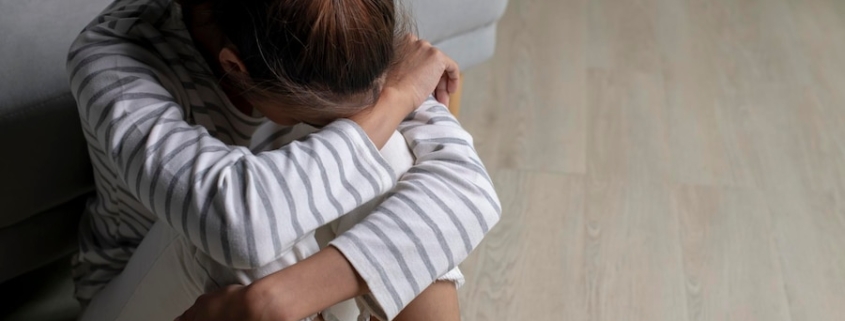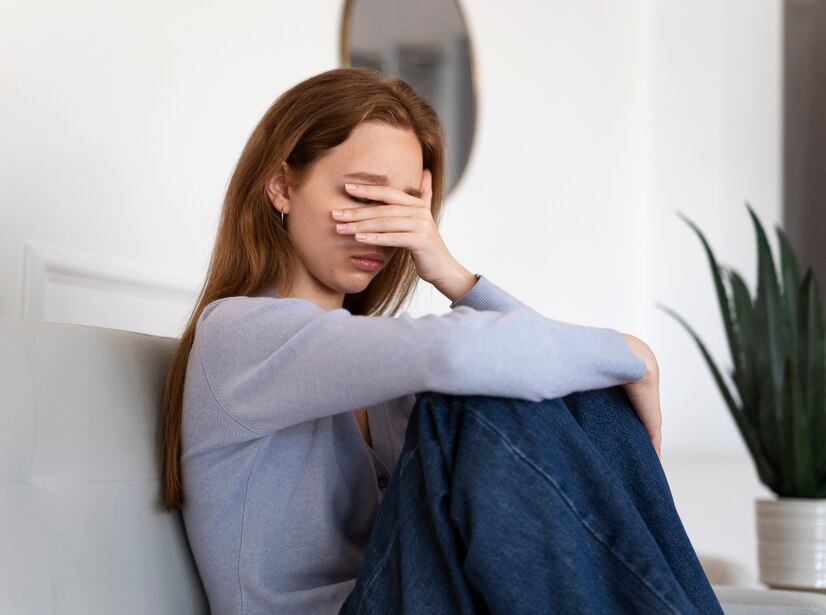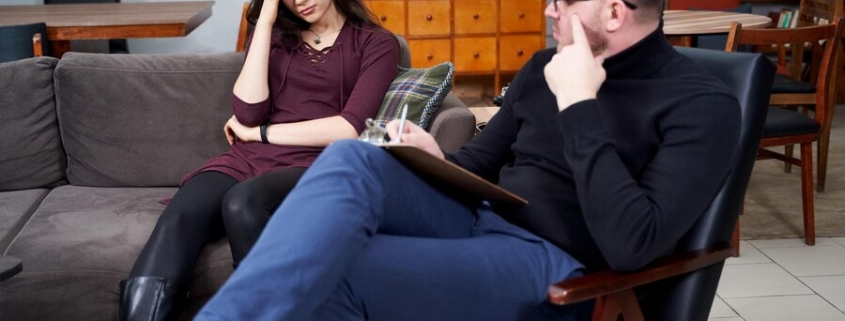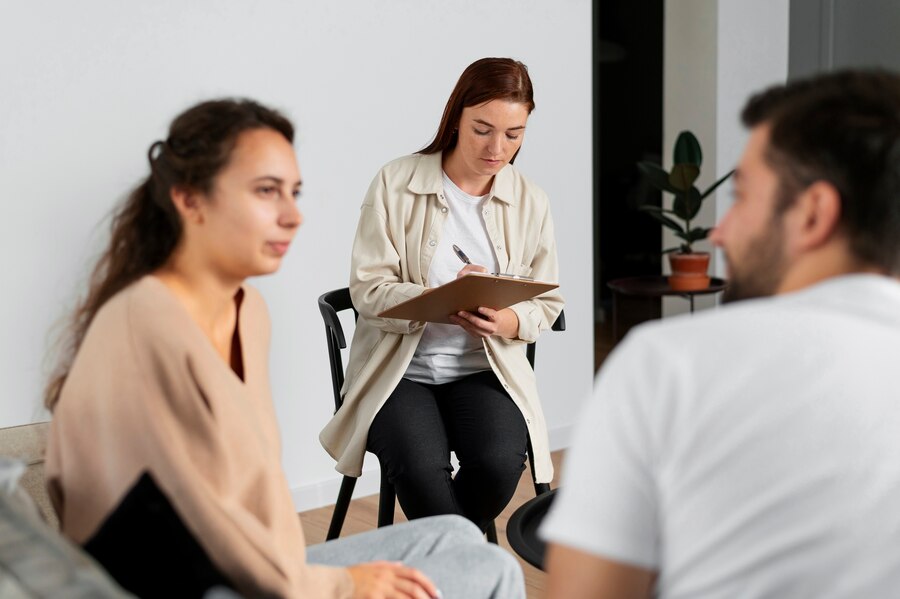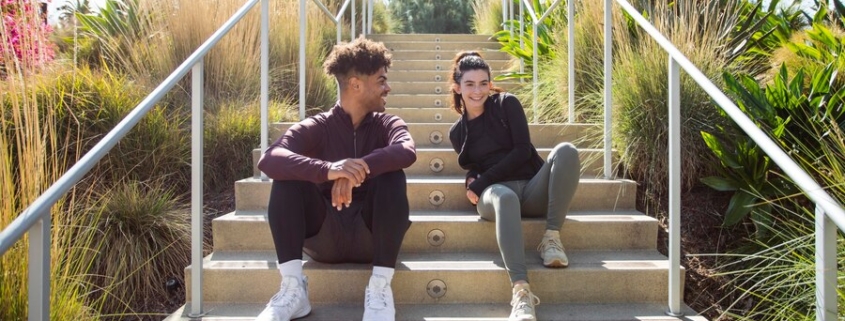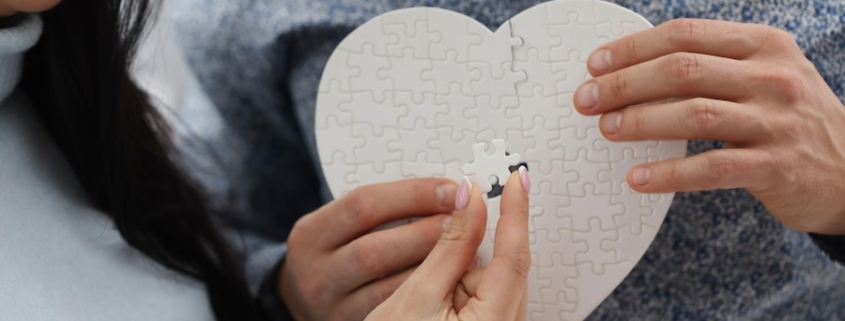Couples rehab is a specialized treatment designed to help couples who are dealing with addiction and substance abuse issues. This approach recognizes the interconnectedness of both partners’ experiences and aims to provide comprehensive support to address their individual and joint needs. At Couples Rehab, we are dedicated to helping couples navigate the complexities of addiction recovery together, offering tailored programs and therapies that promote healing and relationship growth. This guide explores the concept of couples rehab, its purpose, different types of programs, treatment approaches, and how to select the right program for your needs.
Couples Rehab Services
What is Couples Rehab
Couples rehab refers to a range of therapeutic programs specifically designed to address substance abuse and addiction issues within the context of a romantic relationship. Unlike traditional rehab programs that focus on individual treatment, couples rehab programs provide joint therapy and support to help both partners work through their addiction issues together.
These programs are structured to offer integrated treatment that addresses both partners’ needs simultaneously, promoting mutual understanding, healing, and recovery. By engaging in therapy together, couples can strengthen their relationship, improve communication, and develop healthier patterns that support long-term sobriety. Couples rehab aims to create a supportive environment where both partners can confront their addiction, learn coping strategies, and rebuild their lives together.
Purpose
The purpose of couples rehab is twofold: to address substance abuse and to improve relationship dynamics. Addiction can strain relationships, and couples rehab seeks to provide a holistic approach that supports both partners in their recovery journey.
By participating in joint therapy, couples can better understand each other’s struggles and work together towards mutual goals. The program helps couples address underlying issues that may contribute to their addiction, improve communication skills, and strengthen their emotional connection. Ultimately, couples rehab aims to foster a supportive environment where both partners can achieve lasting sobriety and build a healthier, more resilient relationship.
Types of Couples Rehab Programs
Inpatient Couples Rehab
Inpatient couples rehab programs involve residential treatment where both partners live at a rehab facility for the duration of their program. This type of rehab offers an immersive and intensive approach to recovery, with around-the-clock medical and therapeutic support.
Inpatient rehab provides a structured environment free from daily life distractions and triggers, allowing couples to focus exclusively on their recovery. The program includes individual therapy, couples counseling, group therapy, and various therapeutic activities designed to address both addiction and relationship issues. This intensive approach supports deep healing and helps couples develop the skills needed for long-term recovery.
Outpatient Couples Rehab
Outpatient couples rehab programs offer a flexible treatment option where partners attend therapy sessions and support groups while continuing to live at home. This approach allows couples to balance their treatment with daily responsibilities, such as work and family obligations.
Outpatient programs can vary in intensity, with options including standard outpatient therapy, intensive outpatient programs (IOPs), and partial hospitalization programs (PHPs). These programs provide regular counseling sessions, couples therapy, and group therapy, allowing couples to apply their recovery skills in real-life situations. Outpatient rehab is suitable for couples who have stable home environments and require a less intensive level of care.
Luxury Couples Rehab
Luxury couples rehab programs provide a high-end treatment experience with upscale accommodations and amenities. These programs focus on creating a comfortable and supportive environment that enhances the recovery process.
Luxury rehab facilities often feature private rooms, gourmet meals, spa treatments, and personalized care. The emphasis on comfort and luxury helps reduce stress and creates a serene atmosphere conducive to healing. By offering a premium experience, luxury rehab programs aim to provide a higher level of support and facilitate a more enjoyable recovery journey for couples.
Holistic Couples Rehab
Holistic couples rehab programs focus on treating the whole person—mind, body, and spirit—through a combination of traditional and alternative therapies. These programs integrate complementary practices such as yoga, meditation, acupuncture, and nutrition counseling with conventional addiction treatments.
The holistic approach aims to address the underlying emotional, physical, and spiritual issues that contribute to addiction. By incorporating holistic practices into the treatment plan, couples can achieve a more balanced and comprehensive recovery. Holistic rehab promotes overall well-being and helps couples develop healthy habits that support long-term sobriety.

Treatment Approaches and Therapies
Couples rehab programs employ a variety of treatment approaches and therapies to address both substance abuse and relationship issues. Common therapeutic approaches include:
- Individual Therapy: Focuses on each partner’s personal challenges, helping them understand and manage their addiction, address underlying issues, and develop coping strategies.
- Couples Therapy: Aims to improve communication, resolve conflicts, and strengthen the relationship between partners. It helps couples work through their issues together and build a supportive, healthy relationship.
- Group Therapy: Provides a supportive environment where couples can share their experiences, gain insights from others, and receive encouragement and advice.
- Behavioral Therapies: Include cognitive-behavioral therapy (CBT) and dialectical behavior therapy (DBT), which help individuals change negative thought patterns and behaviors related to addiction.
These approaches are designed to work together to provide a comprehensive treatment experience that addresses both individual and relationship needs.
Resources for Couples in Rehab
Couples in rehab can benefit from a range of resources designed to support their recovery journey. These resources may include:
- Support Groups: Offer a sense of community and shared experience, providing valuable support and encouragement from others who have faced similar challenges.
- Educational Workshops: Provide information on addiction, recovery strategies, and relationship dynamics, helping couples develop a deeper understanding of their issues and how to address them.
- Aftercare Services: Include ongoing support and resources to help couples transition from rehab to everyday life, such as continued counseling, support groups, and relapse prevention planning.
These resources play a crucial role in helping couples maintain their recovery and build a strong foundation for their future together.
Choosing the Right Couples Rehab Program
Selecting the right couples rehab program is essential for achieving successful recovery. When choosing a program, couples should consider factors such as:
- Program Type: Determine whether an inpatient, outpatient, luxury, or holistic program best meets your needs and preferences.
- Treatment Approaches: Evaluate the types of therapies and approaches used in the program to ensure they align with your goals and values.
- Facility and Staff: Assess the quality of the facility, including accommodations, staff qualifications, and the level of personalized care provided.
- Cost and Insurance: Consider the cost of the program and whether it is covered by insurance or requires out-of-pocket payment.
Choosing a program that aligns with your needs and circumstances will help ensure a successful and fulfilling recovery journey for both partners.
Find Couples Rehab Near You
Understanding couples rehab and selecting the right program are crucial steps in addressing addiction and strengthening relationships. At Couples Rehab, we offer a range of programs designed to meet the diverse needs of couples, including inpatient, outpatient, luxury, and holistic options. By exploring these different types of programs and treatment approaches, couples can find the support and resources needed to achieve lasting recovery and build a healthier, more resilient relationship. Whether you are seeking an immersive treatment experience or a more flexible approach, the right couples rehab program can provide the foundation for a successful recovery journey together. Contact us today to learn more about our tailored programs and start your journey towards lasting recovery and relationship healing.
FAQs
1. What is couples rehab, and how does it differ from individual rehab?
Answer: Couples rehab is a specialized treatment program designed for partners facing addiction or relationship challenges related to substance abuse. Unlike individual rehab, it focuses on healing both individuals and the relationship simultaneously.
2. Who can benefit from couples rehab?
Answer: Couples struggling with substance abuse, codependency, or relationship issues due to addiction can benefit from couples rehab. It’s also suitable for couples where one partner is in recovery and the other seeks support.
3. How does couples rehab address addiction and relationship issues?
Answer: Couples rehab programs combine individual and couples therapy to address both addiction and relationship challenges. Therapists focus on rebuilding trust, improving communication, and developing healthy coping mechanisms.
4. What are the benefits of attending couples rehab together?
Answer: Couples rehab offers a supportive environment for healing, shared accountability, and a stronger foundation for long-term recovery. It can improve communication, problem-solving skills, and overall relationship satisfaction.
5. What can I expect during a couples rehab program?
Answer: Couples rehab typically includes individual therapy, couples therapy, group sessions, and educational workshops. The program focuses on understanding addiction, developing coping skills, and rebuilding trust.
6. How long is a typical couples rehab program?
Answer: The duration varies depending on the severity of addiction and individual needs. Programs range from short-term to long-term options to accommodate different circumstances.
7. Will insurance cover couples rehab?
Answer: Many insurance plans cover addiction treatment, including couples rehab. Couples Rehabs can help you verify your coverage and understand your benefits.
8. What if only one partner needs addiction treatment? Can we still benefit from couples rehab?
Answer: Yes, couples rehab can be beneficial even if only one partner struggles with addiction. It can help the couple understand the impact of addiction on the relationship and develop coping strategies.
9. How can I prepare for couples rehab?
Answer: Open communication, mutual support, and a willingness to change are essential. Discuss your concerns and expectations with your partner before starting the program.
10. What are the long-term benefits of couples rehab?
Answer: Couples rehab can lead to stronger relationships, improved communication, and increased resilience. By addressing addiction together, couples can build a happier and healthier future.









